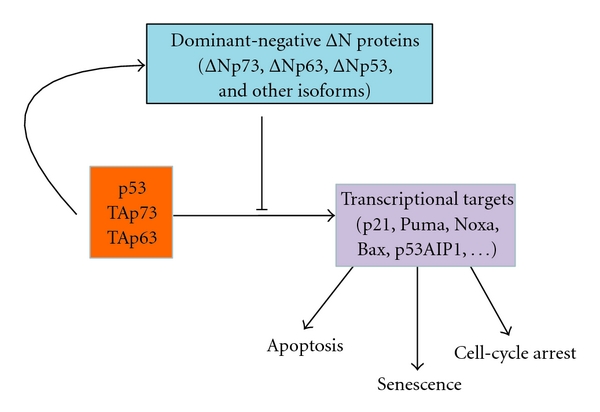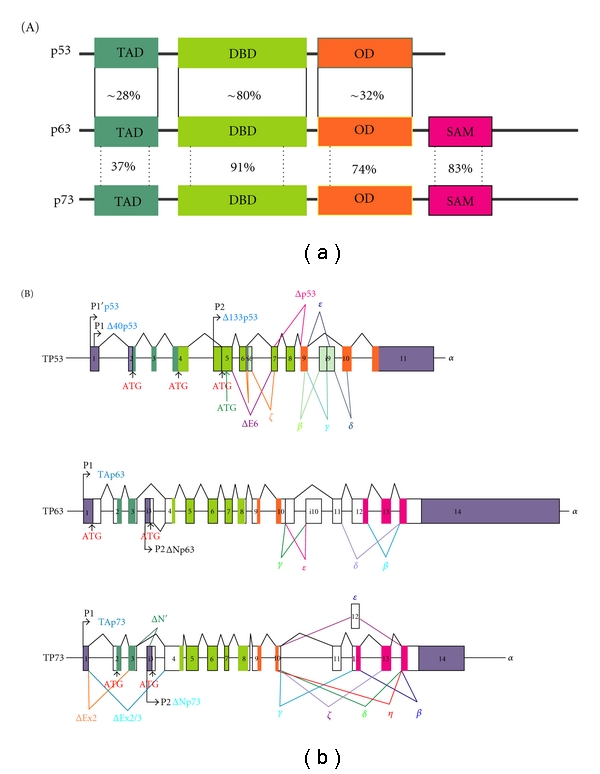p53家族:蛋白异构体在人类癌症中的作用。
IF 1.3
Q4 BIOCHEMISTRY & MOLECULAR BIOLOGY
引用次数: 102
摘要
TP53、TP63和TP73基因组成了p53家族。每个基因通过多种机制产生蛋白质异构体,包括广泛的替代mRNA剪接。越来越多的证据表明,这些异构体在正常细胞的许多生物过程的调节中起着至关重要的作用。它们的异常表达有助于肿瘤的发生,并对肿瘤对治疗的反应有深远的影响。本文综述了p53家族的异构体多样性及其在癌症中的作用。本文章由计算机程序翻译,如有差异,请以英文原文为准。



p53 Family: Role of Protein Isoforms in Human Cancer.
TP53, TP63, and TP73 genes comprise the p53 family. Each gene produces protein isoforms through multiple mechanisms including extensive alternative mRNA splicing. Accumulating evidence shows that these isoforms play a critical role in the regulation of many biological processes in normal cells. Their abnormal expression contributes to tumorigenesis and has a profound effect on tumor response to curative therapy. This paper is an overview of isoform diversity in the p53 family and its role in cancer.
求助全文
通过发布文献求助,成功后即可免费获取论文全文。
去求助
来源期刊

Journal of Nucleic Acids
BIOCHEMISTRY & MOLECULAR BIOLOGY-
CiteScore
3.10
自引率
21.70%
发文量
5
审稿时长
12 weeks
 求助内容:
求助内容: 应助结果提醒方式:
应助结果提醒方式:


